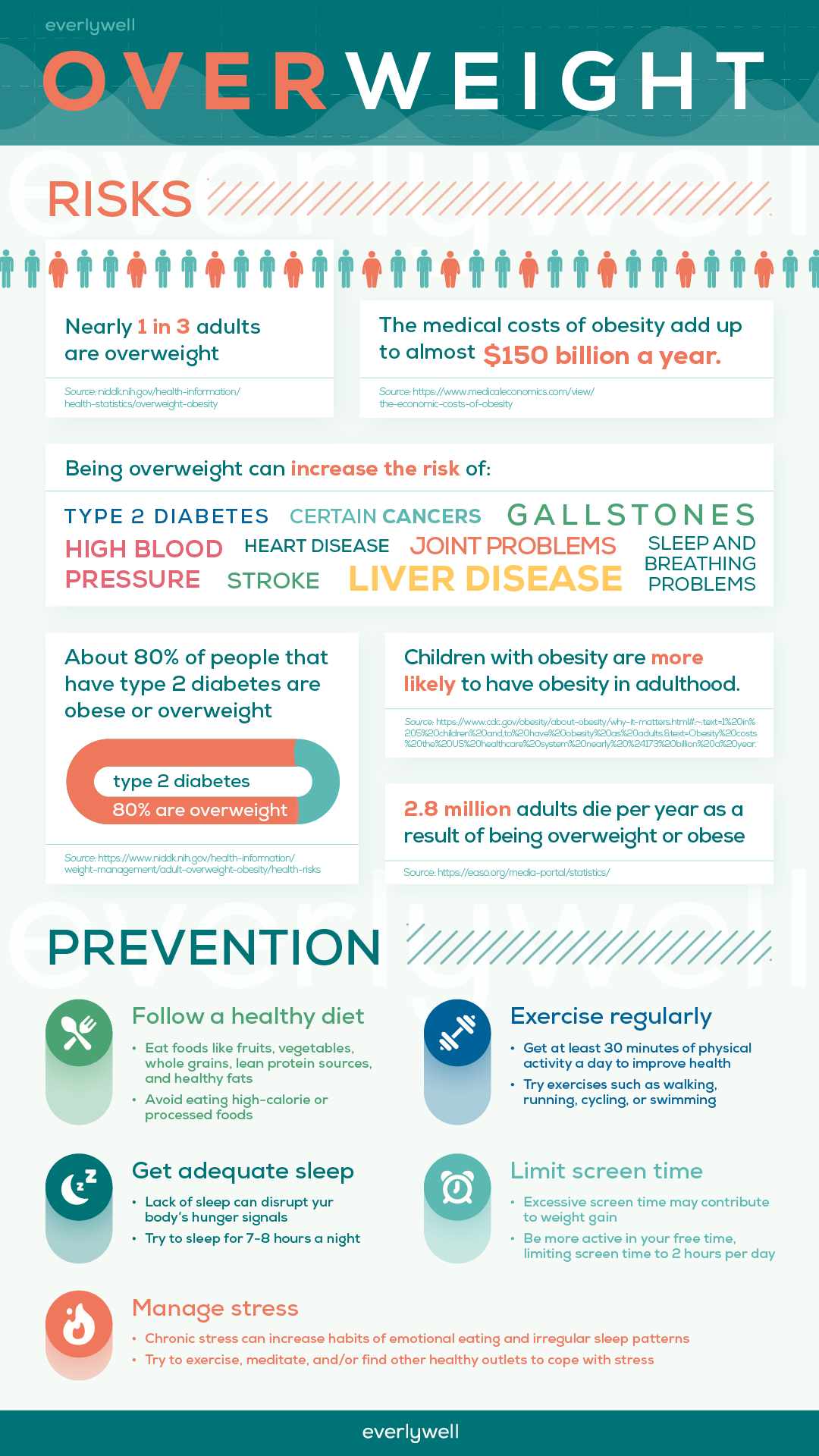
How much does medical weight loss cost?
Written on April 14, 2023 by Theresa Vuskovich, DMD. To give you technically accurate, evidence-based information, content published on the Everlywell blog is reviewed by credentialed professionals with expertise in medical and bioscience fields.
Table of contents
- What is medical weight loss?
- Medical weight loss services
- Weight Care+ with Everlywell
- Related content
Medical weight loss programs are available at a variety of prices, and their costs vary depending on their duration and scope. In this article, you will learn how much medical weight loss costs and how to choose the best option for you.
What is medical weight loss?
First, let's define medical weight loss. Medical weight loss refers to weight loss programs prescribed or administered by a physician, dietitian, or nutritionist. A medical weight loss program combines nutritional counseling, lifestyle changes, exercise, and/or medications to help individuals reach their ideal weight.
Traditionally, medical weight loss programs were limited to clinics. Thanks to telehealth, medical weight loss programs are now available outside of clinics. The use of telehealth makes it possible to receive weight loss assistance from a medical professional at home.
According to a recent study, remote weight loss support is more effective and affordable than in-person interventions [1]. Some health insurance plans may cover some services, so it is essential to contact your insurance company if you have questions regarding reimbursement.

Medical weight loss services
Here are examples of weight loss services and what they entail:
- Personalized initial evaluation: Medical weight loss programs begin with an initial consultation with a healthcare provider. Consultations can range in price but typically cost about $80. During your initial consultation, your healthcare provider will discuss your health history, lifestyle, and weight goals to create a customized care plan for you. Testing is usually not included in the cost of the initial consultation.
- Ongoing support: During the weight loss program, you will meet with your healthcare provider periodically to ensure your customized care plan works. These check-ins typically cost less than the initial appointment.
- Testing: The cost of testing can also vary greatly depending on which test you are taking and where you are taking it. Home testing typically costs less than tests in a clinic. Specific tests may not be available for at-home testing and require in-person testing. Tests may include a basic metabolic blood panel and sometimes a body composition test. Testing can be one of the greatest expenses associated with medical weight loss programs.
- Meal replacements: Some programs may require the purchase of meal replacement bars or shakes.
- Individualized nutrition counseling: Meetings with a nutritionist are often a part of medical weight loss programs. Based on their meal plan, the program may cost will vary.
- Exercise planning: Medical weight loss programs may offer physical therapies and certified personal trainers to help with exercise planning. Sessions may be provided as a part of a program or separately.
- Medications: You are responsible for paying for any medications the program prescribes. Your health insurance coverage will affect the price.
- Bariatric surgery: Some medical weight loss programs may offer bariatric surgery and recovery support. The average cost of bariatric surgery in the United States is $14,389 [2].
Medical weight loss programs vary significantly in terms of services and costs. You should consider several factors when choosing a medical weight loss program, including the cost and ability to adhere to it.
Weight Care+ with Everlywell
The Everlywell Weight Care+ program pairs GLP-1 medication with regular clinician care, lab testing, and support for related conditions. The Weight Care+ program costs $139/mo with an initial 3-month commitment. The program includes regular virtual consultations with a clinician, prescriptions for GLP-1 (if applicable), expert insurance claim assistance, an at-home lab test, or a 3-month supply of Daily Multivitamins or Omega-3 Fish Oil supplements. Everlywell also includes digital features to help manage conditions like prediabetes and high cholesterol.
Virtual visits for Weight Care+ are not currently covered by insurance. Other weight loss treatment costs, such as lab testing and prescription weight loss medications, may be covered by some insurance plans.
Before your provider prescribes weight loss medication, a comprehensive metabolic panel (CMP), hemoglobin A1c, thyroid-stimulating hormone (TSH), and lipid panel must be performed. The cost of lab testing varies depending on your insurance coverage. You can contact Quest or another lab of your choice directly to determine if your insurance plan provides coverage.
Your clinical care team will help you choose the most affordable and effective medication based on your health needs and insurance coverage. GLP-1 prescriptions are generally more affordable with insurance, but your exact cost will depend on your plan. If you are uninsured, underinsured, or your insurance does not cover the medication, you may be able to find a prescription discount card through your provider.
A one-month supply of GLP-1 prescription medication may cost $900 to $1,400 if you do not have insurance or a discount card. The program does not guarantee prescriptions, which are prescribed based on the provider's clinical judgment. The overall cost of a medical weight loss program will vary based on your care plan and insurance. Prescriptions and lab testing are additional costs associated with medical weight loss programs.
Related content
Does Medicaid cover weight loss programs?
Finding the right exercises that fit your weight loss goals
Understanding the connection between thyroid health and weight loss
References
- Daumit GL, Janssen EM, Jerome GJ, Dalcin AT, Charleston J, Clark JM, Coughlin JW, Yeh H-C, Miller ER, Durkin N, Louis TA, Frick KD, Wang N-Y, Appel LJ. Cost of behavioral weight loss programs implemented in clinical practice: The POWER trial at Johns Hopkins. Translational Behavioral Medicine. 2020;10(1):103-113. doi:10.1093/tbm/iby120. URL
- Doble B, Wordsworth S, Rogers CA, et al. What Are the Real Procedural Costs of Bariatric Surgery? A Systematic Literature Review of Published Cost Analyses [published correction appears in Obes Surg. 2017 Aug;27(8):2193]. Obes Surg. 2017;27(8):2179-2192. doi:10.1007/s11695-017-2749-8. URL
